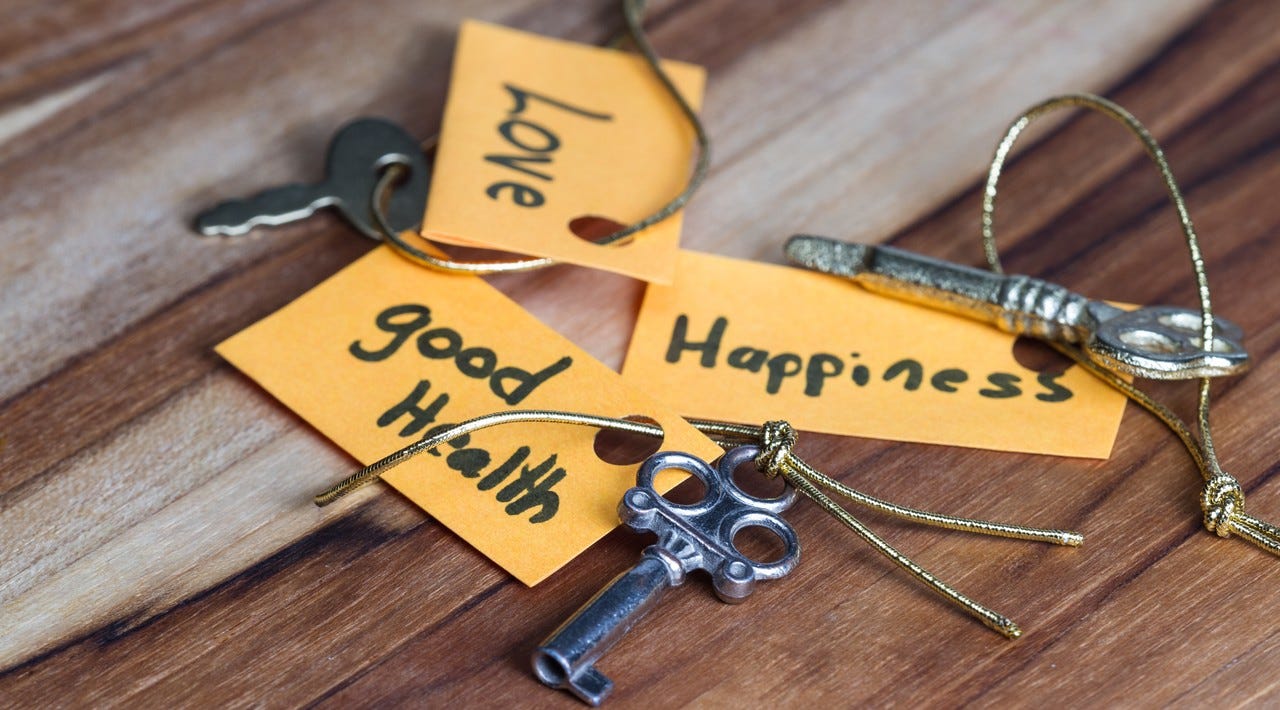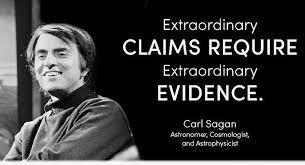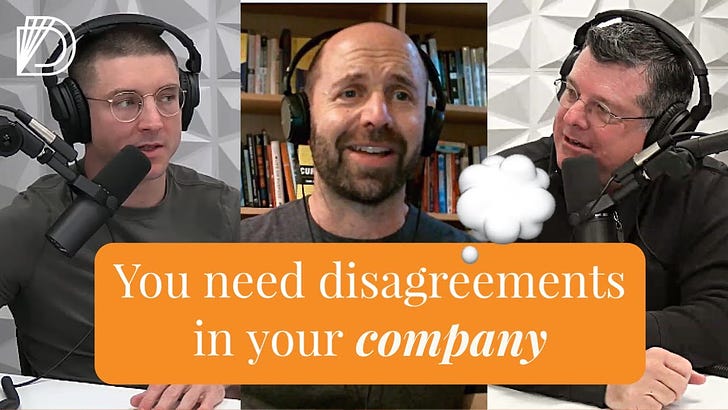A Quick Primer to Avoid Pseudo-Science on Well-Being Topics
Good Intentions Are Not Enough
This is part of a series challenging online mental health nonsense. Read the first of the series - here.
Provoked has readers in all 50 US states and 102 countries. To support these efforts, please consider upgrading to a paid subscription. You’ll unlock: the full archives, first access to research ideas, teaching/workshop exercises, Q&A forums, and more.
I.
I get it, you put information out into the social media abyss to get some attention. You want to share good. You want do good. You want to make the world a tiny bit of a better place through improved knowledge and practices. And let’s be honest….you want more followers, more ego scratching, more speaking gigs, and maybe a new app and a book contract.
So you do it. You plug in THE number!
Having a life purpose leads to a 75% reduction in strokes and a 44% reduction in heart disease
No, it doesn’t. Do you know how huge a 75% reduction in strokes would be? It’s getting close to saying if you find a purpose in life you will override nearly every genetic and environmental risk factor for a stroke. No way. No singular psychological variable has this power.
As for purpose, I have spent over 20 years reviewing this literature and it is impressive. Go ahead, read our 2009 conceptual scientific article (click here) and our far better, comprehensive scientific article in the American Psychologist (click here and for the wild backstory click here).
II.
There is a powerful paper by the dream team of Eric Kim, Jennifer Sun, Nansook Park, and Christopher Peterson that found a person’s purpose in life in 2006 correlated with a lower incidence of strokes in 2008 and 2010.
Allow me to decode the results in an accurate way that will put you to sleep, make your TV change channels on its own, and have your TikTok feed begging for mercy:
In their study of 6,739 participants, 265 people suffered a stroke over four years. They found an interesting relationship between a person’s endorsement of a purpose in life and their risk of stroke. Here's how it works: for every standard increase in an individual's sense of purpose, their risk of stroke dropped by 22%. This is what we call an 'odds ratio' of 0.78. In simpler terms, if you have a strong purpose in life, you're less likely to have a stroke. But this is not the exciting result. What they did next is test whether this connection held across age, sex, race, education, marital status, wealth, anxiety, hostility, depression, and other factors. Guess what? The link between a strong purpose and lower stroke risk held true across these heterogeneous populations (Read My Mantra - here - There is More Heterogeneity Within Groups Than Between Groups).
So there is a better, more scientific precise way to share these findings:
No matter who you are, regardless of age, sex, race, education, wealth, relationship status, or emotional difficulties, having a purpose in life appears to offer protection against stroke. How cool is that!
III.
I could give other examples of how well-meaning people share well-being findings in inaccurate ways. I know these people have benevolent intentions which is why I am not naming or shaming any particular person.
Here are some suggestions for those sharing and reading about well-being science:
Be skeptical of singular numbers. There are a large number of studies and it is really rare to pinpoint an exact link between two concepts. No, happiness will not increase work performance by 86%. No, loneliness is not as lethal as smoking 15 cigarettes per day (see my Footnote 2 - here).
Be skeptical about really large numbers. If someone says that a positive quality in your life can reduce a problem by 75% they are basically saying the problem can be snuffed out. Not even months of cognitive-behavioral therapy or mindfulness therapy can do this! Be wary of extreme claims. Extraordinary claims require extraordinary evidence and you should ask for it. Be extra concerned by anyone who hesitates to give you that evidence that you are curious about.
Tell stories but don’t get a great story get in the way of accuracy. The story is to draw people in. Once you earn their attention, treat them as the intelligent people they are. Trust that they can handle some careful, precise details. It is a sign of respect.
When you see problems such as what I am mentioning, resist being prickly. Just ask nicely - this sounds too good to be true, can you direct me to the study and exactly what they found and how they uncovered this finding? Put the onus on them to explain.
We need well-being science. Let’s not ruin the opportunity to change people’s minds and behaviors with erroneous information.
Choose accuracy over sizzling talks.
Sizzling talks leads to a lot of clapping and social media shares. Accuracy can change lives.
For the full experience and to support my work, consider upgrading your subscription.
Todd B. Kashdan is an author of several books including The Upside of Your Dark Side (Penguin) and The Art of Insubordination: How to Dissent and Defy Effectively (Avery/Penguin) and Professor of Psychology and Leader of The Well-Being Laboratory at George Mason University.
Read Past Issues Here Including:
My Father-Son Podcast Interview on How to Be a Good Rebel
If there is one societal issue I rally against it’s the age-stratification of social interactions. Many of us spend too much time with people our own age. Much is to be gained by ignoring age as a factor in choosing how you interact with and who becomes your friends.



